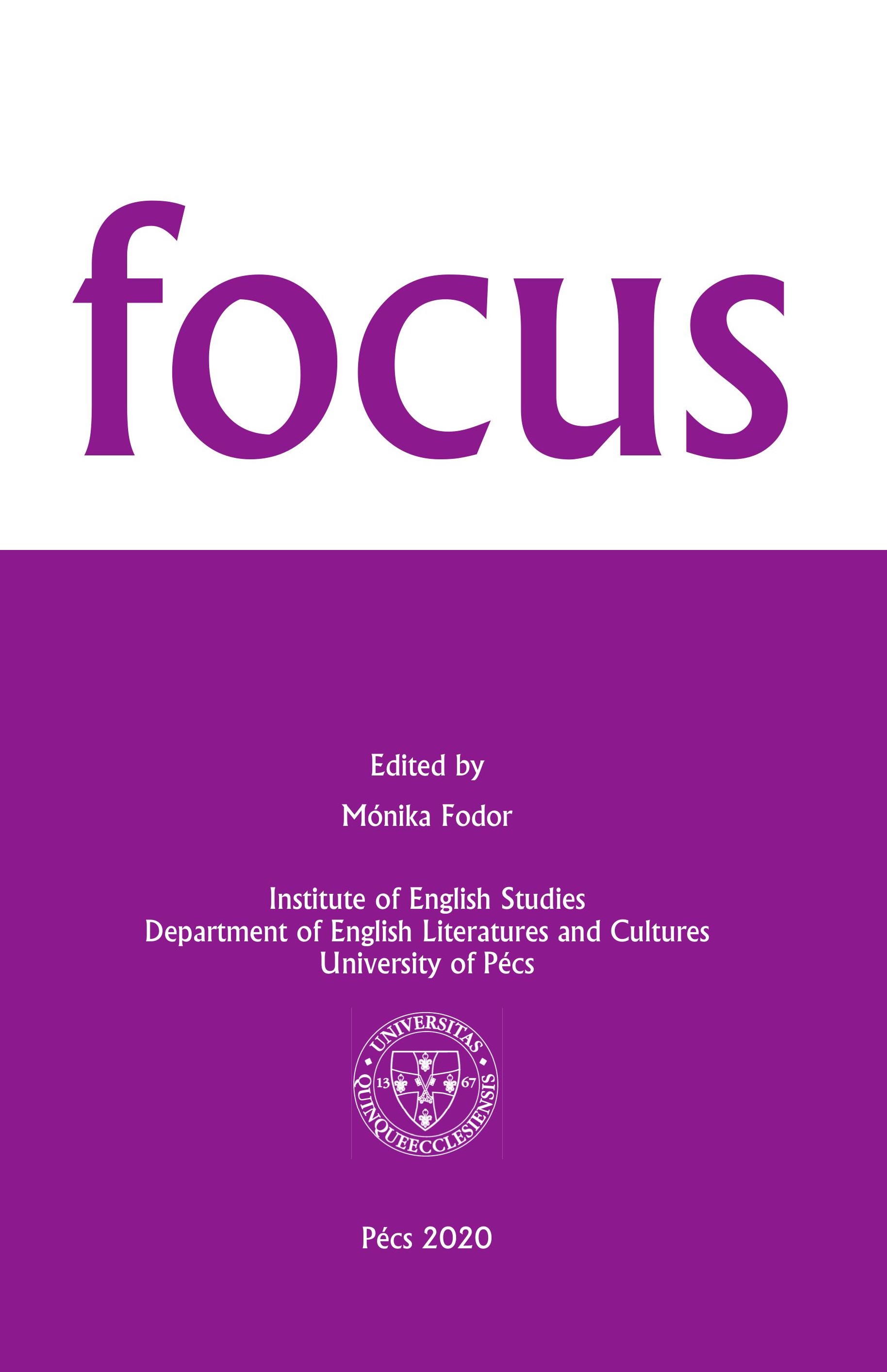James Christopher O’Flynn and The Cork Shakespearean Company
DOI:
https://doi.org/10.15170/Focus/12.2020.3.57-69Abstract
In Ireland, the period between 1891-1922 known as the Revival, was a curious mix of political agitation and frenetic literary, linguistic, and musical activity which shaped modern Irish culture. It was a time when new synergies were manifested linking artistic ventures with nationalist sentiment. Cork was at the centre of this febrile revolutionary activity. The Rev James Christopher O’Flynn (hereafter referred to as O’Flynn), moved in circles close to key political, intellectual, and artistic fi gures who helped forge the new state. He is, however, largely unknown. Despite his huge contribution to the movement, he turned his back on the spirit of the Revival and turned instead to producing the works of Shakespeare. His theatre company, The Cork Shakespearean Company, remains the longest running amateur Shakespearean company in the world. What is perhaps even more extraordinary is that for its first decade, the Cork Shakespearean Company was comprised almost entirely of working-class players.
Downloads
Published
How to Cite
Issue
Section
License
Copyright (c) 2022 FOCUS: Papers in English Literary and Cultural Studies

This work is licensed under a Creative Commons Attribution-NonCommercial-NoDerivatives 4.0 International License.
FOCUS: Papers in English Literary and Cultural Studies follows the principles laid down by Creative Commons, which provides guarantees for the Author’s copyright while also ensuring that intellectual properties are made available for the wider public in a digital form. All papers submitted to the journal apply the following licence conditions (indicated on the journal’s website as well as in individual publications):
“© This work is licensed under a Creative Commons Attribution-NonCommercial-NoDerivatives 4.0 International License.”
You are free to:
- Share, copy and redistribute the material included in the journal in any medium or format under the following terms:
- Attribution — You must give appropriate credit to the Author, and indicate the original place of publication [FOCUS: Papers in English Literary and Cultural Studies, Issue nr., page numbers.].
- NonCommercial — You may not use the material for commercial purposes.
- NoDerivatives — You are not allowed to remix, transform, or build upon the material.
- The above conditions must always be indicated if the journal material is distributed in any form.
- The above conditions must always be met, unless a written permission signed by the Author and the Editor-in-Chief states otherwise.

